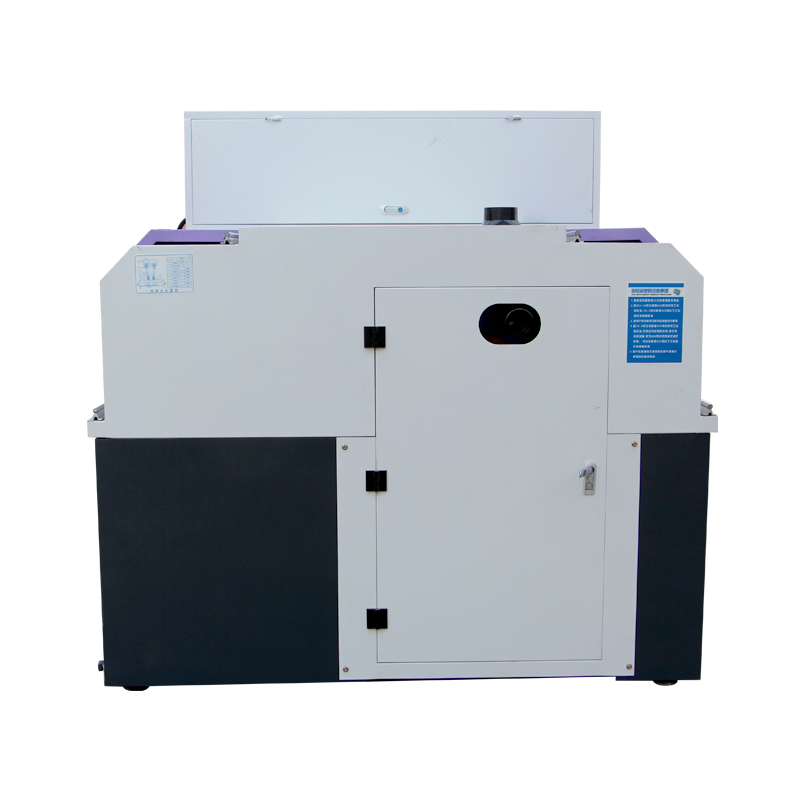
-
 Afrikaans
Afrikaans -
 Albanian
Albanian -
 Amharic
Amharic -
 Arabic
Arabic -
 Armenian
Armenian -
 Azerbaijani
Azerbaijani -
 Basque
Basque -
 Belarusian
Belarusian -
 Bengali
Bengali -
 Bosnian
Bosnian -
 Bulgarian
Bulgarian -
 Catalan
Catalan -
 Cebuano
Cebuano -
 Corsican
Corsican -
 Croatian
Croatian -
 Czech
Czech -
 Danish
Danish -
 Dutch
Dutch -
 English
English -
 Esperanto
Esperanto -
 Estonian
Estonian -
 Finnish
Finnish -
 French
French -
 Frisian
Frisian -
 Galician
Galician -
 Georgian
Georgian -
 German
German -
 Greek
Greek -
 Gujarati
Gujarati -
 Haitian Creole
Haitian Creole -
 hausa
hausa -
 hawaiian
hawaiian -
 Hebrew
Hebrew -
 Hindi
Hindi -
 Miao
Miao -
 Hungarian
Hungarian -
 Icelandic
Icelandic -
 igbo
igbo -
 Indonesian
Indonesian -
 irish
irish -
 Italian
Italian -
 Japanese
Japanese -
 Javanese
Javanese -
 Kannada
Kannada -
 kazakh
kazakh -
 Khmer
Khmer -
 Rwandese
Rwandese -
 Korean
Korean -
 Kurdish
Kurdish -
 Kyrgyz
Kyrgyz -
 Lao
Lao -
 Latin
Latin -
 Latvian
Latvian -
 Lithuanian
Lithuanian -
 Luxembourgish
Luxembourgish -
 Macedonian
Macedonian -
 Malgashi
Malgashi -
 Malay
Malay -
 Malayalam
Malayalam -
 Maltese
Maltese -
 Maori
Maori -
 Marathi
Marathi -
 Mongolian
Mongolian -
 Myanmar
Myanmar -
 Nepali
Nepali -
 Norwegian
Norwegian -
 Norwegian
Norwegian -
 Occitan
Occitan -
 Pashto
Pashto -
 Persian
Persian -
 Polish
Polish -
 Portuguese
Portuguese -
 Punjabi
Punjabi -
 Romanian
Romanian -
 Russian
Russian -
 Samoan
Samoan -
 Scottish Gaelic
Scottish Gaelic -
 Serbian
Serbian -
 Sesotho
Sesotho -
 Shona
Shona -
 Sindhi
Sindhi -
 Sinhala
Sinhala -
 Slovak
Slovak -
 Slovenian
Slovenian -
 Somali
Somali -
 Spanish
Spanish -
 Sundanese
Sundanese -
 Swahili
Swahili -
 Swedish
Swedish -
 Tagalog
Tagalog -
 Tajik
Tajik -
 Tamil
Tamil -
 Tatar
Tatar -
 Telugu
Telugu -
 Thai
Thai -
 Turkish
Turkish -
 Turkmen
Turkmen -
 Ukrainian
Ukrainian -
 Urdu
Urdu -
 Uighur
Uighur -
 Uzbek
Uzbek -
 Vietnamese
Vietnamese -
 Welsh
Welsh -
 Bantu
Bantu -
 Yiddish
Yiddish -
 Yoruba
Yoruba -
 Zulu
Zulu
custom thread rolling tool
Custom Thread Rolling Tools Enhancing Precision and Efficiency in Manufacturing
In the modern manufacturing landscape, the pursuit of precision and efficiency is paramount. One of the essential processes that embody these principles is thread rolling. This method offers significant advantages over traditional cutting techniques, including improved surface finish, enhanced material properties, and reduced production costs. However, to optimize the thread rolling process, manufacturers often turn to custom thread rolling tools tailored to their specific needs.
Understanding Thread Rolling
Thread rolling is a cold-forming process that creates threads on cylindrical parts by deforming the material. This technique utilizes two or more rollers that press against the workpiece, forcing it to conform to the shape of the rollers. The primary advantage of this process is that it produces threads without cutting away any material. As a result, thread rolling yields a stronger thread due to the work hardening of the material and provides superior surface finishes.
Advantages of Custom Thread Rolling Tools
While standard thread rolling tools serve various applications, custom solutions provide manufacturers with several distinct advantages
1. Precision Fit Custom tools are designed to perfectly match the specifications of the components being produced. This precision reduces the risk of defects, including unwanted tolerances and inconsistent thread profiles.
2. Material Optimization Depending on the materials being used, custom tools can be engineered to maximize efficiency. Certain metals may require unique roller designs to ensure effective deformation, and tailored tools can help achieve optimal results.
3. Increased Production Efficiency With custom tools, manufacturers can expect faster cycle times and reduced setup times. The ability to create tools that perfectly align with existing processes means less time lost in adjustments, resulting in higher throughput.
4. Cost-Effectiveness Although the initial investment in custom tooling may be higher than off-the-shelf options, the long-term savings can be significant. Reduced material waste, fewer reworks, and increased productivity lead to lower overall manufacturing costs.
5. Innovation and Flexibility As manufacturing needs evolve, custom thread rolling tools can be updated or modified to accommodate new designs or materials. This flexibility fosters innovation and allows companies to remain competitive in a rapidly changing market.
Applications of Custom Thread Rolling Tools
custom thread rolling tool

Custom thread rolling tools find applications across various industries, including automotive, aerospace, electronics, and medical devices. In the automotive sector, for example, threaded fasteners are critical for assembly and safety. Custom tools ensure that these fasteners meet stringent quality standards while also enhancing their performance.
In aerospace, where precision and safety are non-negotiable, custom thread rolling tools can be designed to produce components that withstand extreme conditions
. Similarly, in medical device manufacturing, precise threading is essential for ensuring the reliability and safety of surgical instruments and implants.The Process of Designing Custom Tools
Creating custom thread rolling tools involves several steps
1. Initial Consultation Manufacturers discuss their specific needs with tooling experts, providing details about the components, materials, and production requirements.
2. Design and Prototyping Based on the gathered information, engineers will design the custom tool. Prototyping allows for testing and validation of the design before full production.
3. Manufacturing Once the design is finalized, the tooling is manufactured using high-quality materials and precision machining techniques.
4. Testing and Validation After production, the custom tools undergo rigorous testing to ensure they perform as intended under real-world conditions.
5. Implementation Once validated, the tools are delivered and integrated into the manufacturing process, often accompanied by training for operators.
Conclusion
In a competitive manufacturing environment, the importance of precision and efficiency cannot be overstated. Custom thread rolling tools provide a unique solution to meet these demands, ensuring that manufacturers can enhance their production processes while delivering high-quality products. By investing in custom tooling, companies not only improve their immediate output but also position themselves for future growth and innovation in their respective industries. As technology continues to advance, the role of custom thread rolling tools will undoubtedly become even more vital in shaping the future of manufacturing.
